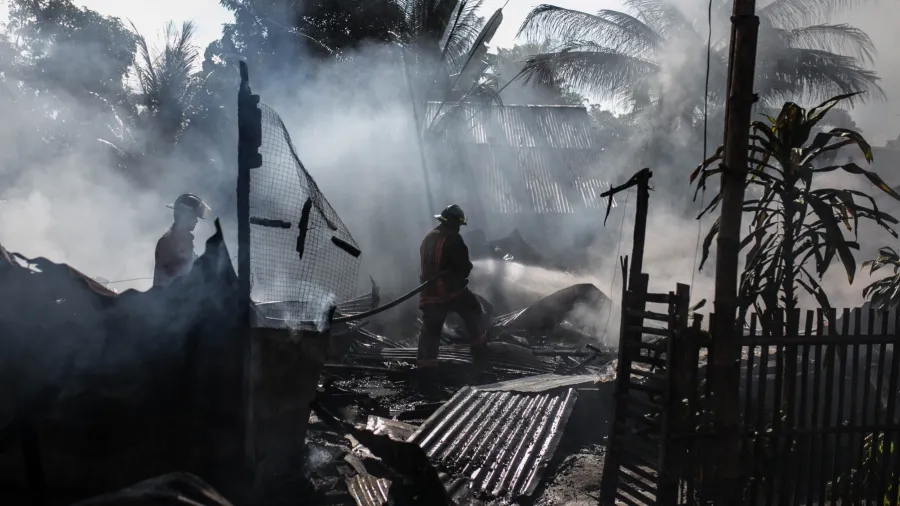
Flood risks, infrastructure concerns increase globally
Japan and Taiwan’s notable earthquakes prompted better seismic risk assessments.
The second half of 2024 is expected to bring an active North Atlantic hurricane season due to record-warm sea surface temperatures and the transition to La Niña.
WTW's biannual Natural Catastrophe Review details the major natural disasters in early 2024, examining their causes and emerging trends.
The report also explores increasing flood risks, infrastructure vulnerabilities, and the impact of record-breaking global temperatures.
Notable events included the U.S. experiencing above-average tornadoes and storms, resulting in over $30b in insurance claims.
Severe flooding impacted Brazil, East Africa, Dubai, Australia, China, the US, and Germany.
Japan and Taiwan faced significant earthquakes, whilst Texas saw its largest wildfire, and the Mediterranean suffered from severe drought affecting food supply chains.
“In early 2024, major earthquakes struck Japan and Taiwan. Improved resilience and preparedness measures significantly reduced human casualties and damage; however, some building and infrastructure failures still occurred,” WTW said in an insight.
“WTW’s Arash Nassirpour, Elide Pantoli and James Dalziel explain that in Japan, most failures were concentrated in areas prone to liquefaction, while in Taiwan, soft-story collapse was the primary issue. These problems highlight the ongoing need for comprehensive seismic risk assessments, retrofitting vulnerable structures, and updating construction practices and codes.” it added.



















 Advertise
Advertise







